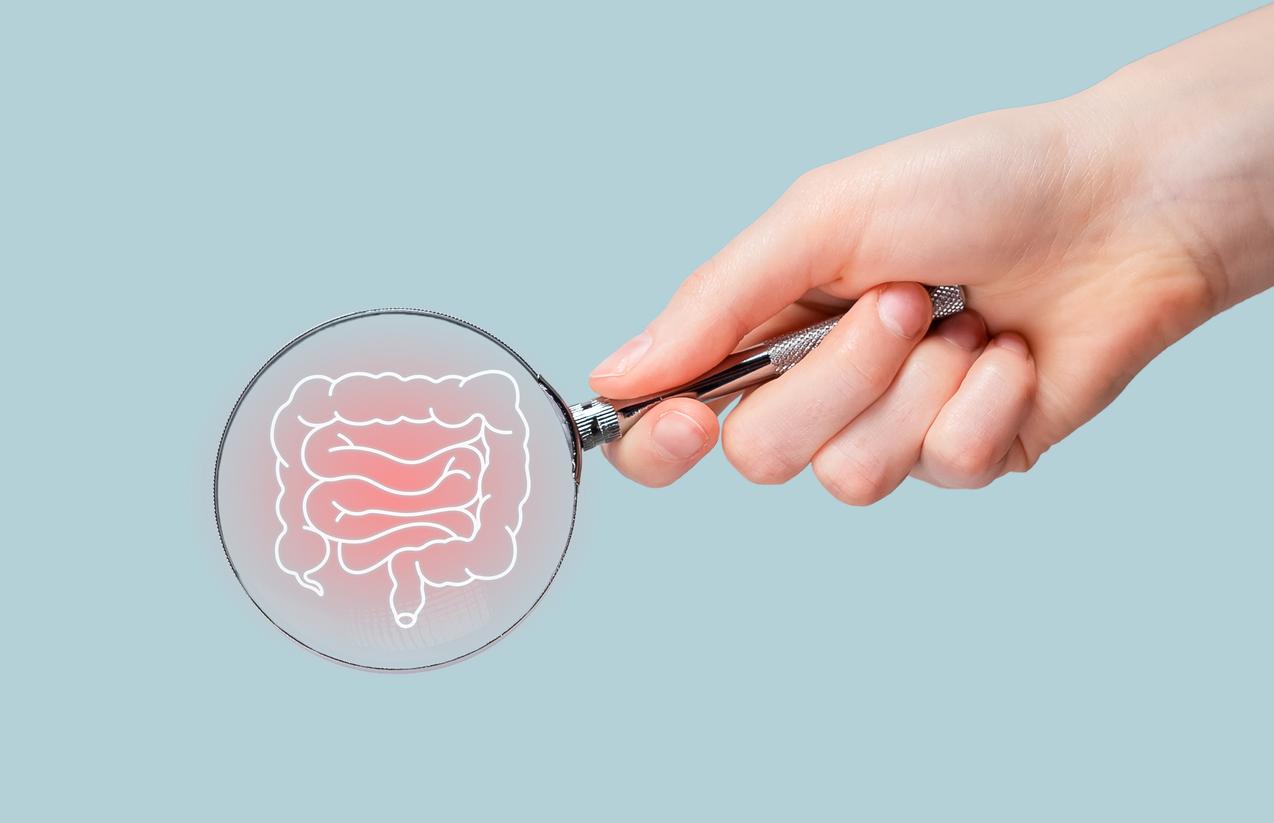A new survey by 60 million consumer magazine warns of the uselessness and potentially dangerous nature of eight brands of food supplements.

Food supplements rich in folic acid or omega-3 are not all useful … and potentially harmful, warns the review 60 Million consumers, which publishes an investigation in its March issue. The magazine screened eight brands of dietary supplements for children, adults and seniors.
Among the brands studied, certain food supplements for children containing vitamin D such as Pediakid (Ineldea laboratories) or Biane enfant (Pileje laboratory) would be likely to cause an overdose of vitamin D, this nutrient is often prescribed in vials during the winter.
Furthermore, the incriminated products may contain an excessive amount of fructose or salt and certain additives are said to have a laxative effect.
Nausea, anxiety, headaches…
Other capsules containing caffeine, this time prescribed to students to help them stay awake, can impair the ability to memorize information and, if consumed in large quantities, trigger headaches, nausea, heart problems or signs of anxiety.
Supplements intended for seniors and supposed to “improve cognitive functions” and “reinforce memory” like Cognisciences (Green Health laboratory) or Ginkor Memo (Tonipharm laboratories) are in the crosshairs of 60 million consumers.
Investigation places particular emphasis on the dangerous nature of ginkgo biloba, a Chinese plant whose virtues on cognitive abilities have not been demonstrated. In addition, the action of this plant could interfere with anticoagulant treatments. “Caution is needed,” says the report.
Instead of consuming food supplements, the review published by the National Institute of Consumption recommends promoting a balanced diet based on oily fish (rich in omega 3), dried fruits and vegetable oils.
Dietary supplements do not reduce the risk of depression
A study recently published in the JAMA analyzed the link between dietary supplement intake and the risk of depression. If medicine has proven that a balanced diet can prevent depression, this is, according to this research, however not the case with food supplements.
The study was carried out on a cohort of 1,000 adults from Spain, Germany, the Netherlands and the United Kingdom who were at high risk for depression.
The volunteers were divided into two groups: the first followed a diet at based on folic acid, vitamin D, omega -3, zinc and selenium for one year, while the second received a placebo treatment.
The scientists behind the study noticed that there was no reduction in depressive disorders in adults treated with multi-nutrients, compared to those who received the placebo treatment.

.

















